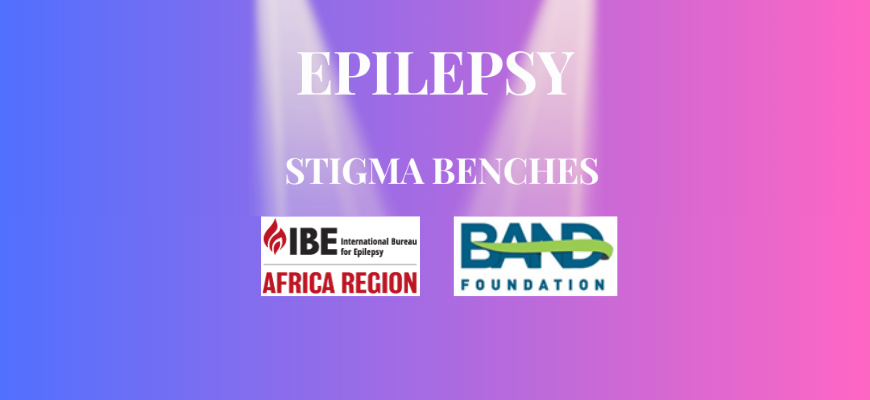
Stamp Out Epilepsy Stigma in East Africa Project
In Africa limited epilepsy just as mental health education and awareness and shame and stigma are serious barriers that are impetus to exclusion. Name- calling, ridicule, and chastisement are the types of things that people with epilepsy are met with in the community. Stigma devalues and disfavours people with epilepsy and often prevents people from accessing treatment (IBE Stigma Toolkit, 2022).
Sometimes a person’s own beliefs about epilepsy can prevent them from acknowledging their condition, seeking help, or sticking with treatment. People may fear that family and friends will avoid them or treat them differently or that disclosing their condition will lead to adverse treatment and perceptions at work.
Stigma around epilepsy is widespread in Kenya. By many, it is viewed as a condition where one is either bewitched or being punished by the gods for having done something wrong. As such, lots of people hide their loved ones and family members who are living with epilepsy as they fear being ostracised by the community. All of this is due to lack of correct information on the condition and in Kenya, we are at the nascent stages of understanding epilepsy (KAWE, 2020).
It is our goal to goal to engage all key stakeholders relevant to the epilepsy community with aim of fighting against stigma, provide accurate information on epilepsy and to join efforts of two African countries as Kenya and South Sudan together in order to fight against stigma. The three countries want to demonstrate through a bottom up approach of engaging gatekeepers (Families, chiefs, traditional/religious healers and media) to fight stigma.
Our Vision is to create safe spaces in communities to capture and share lived experiences based on Stigma Stories. We intend to use local African methods of engaging the communities by have a bench/space for all our gatekeepers to be engaged.